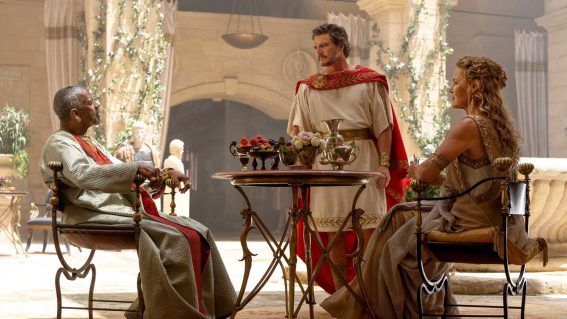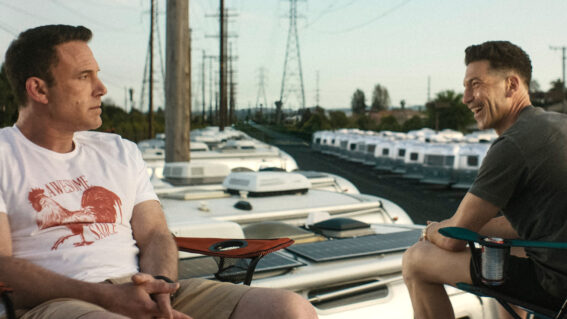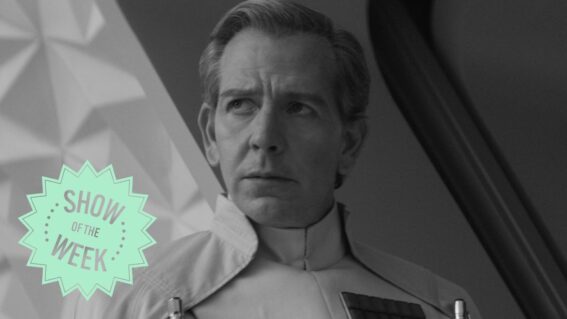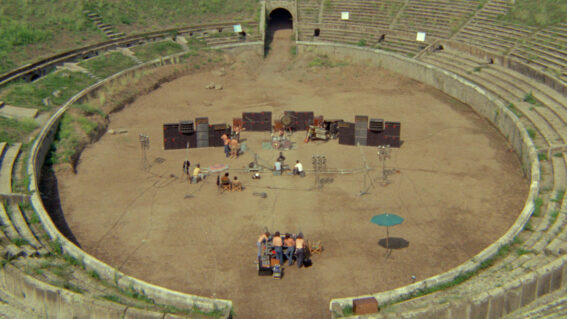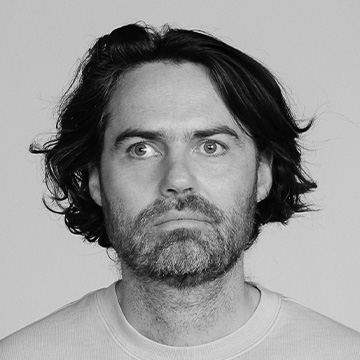HBO’s The Staircase is true crime as we (somehow) haven’t seen it before
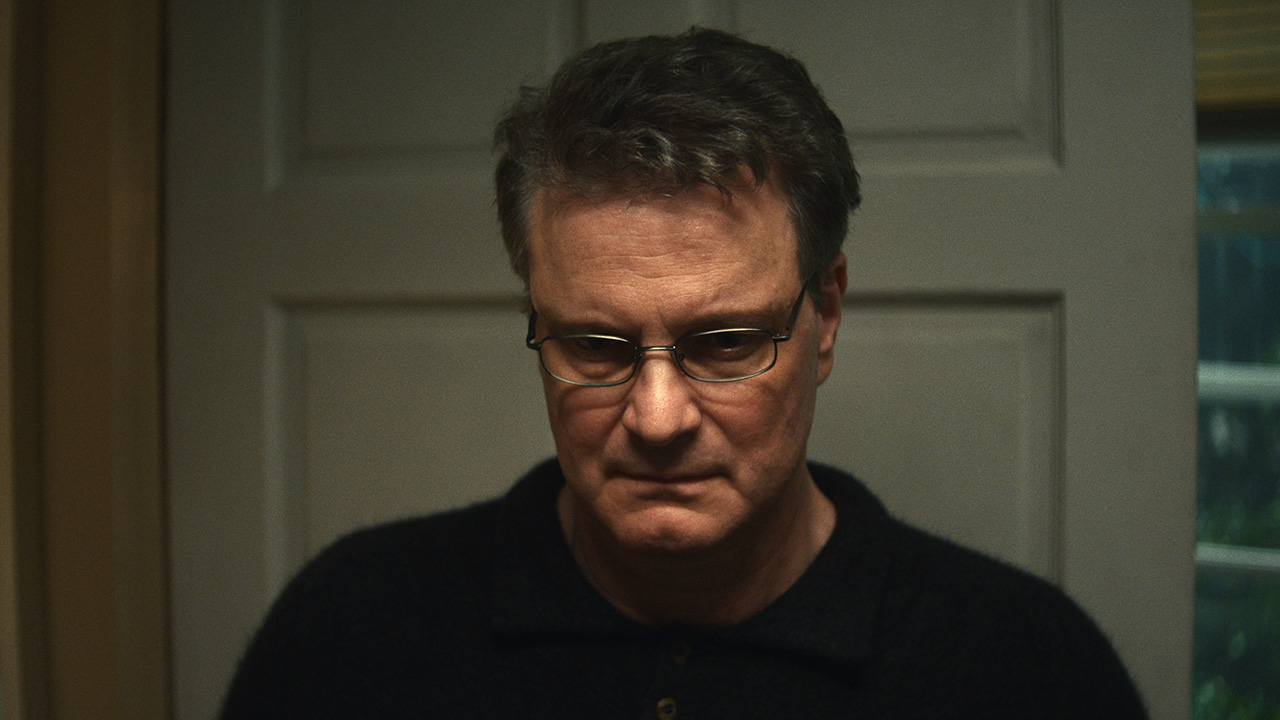
Oscar-winner Colin Firth plays Michael Peterson, the real-life subject of the lauded long-form true-crime docuseries of the same name, in HBO limited series The Staircase – stream it on Neon from May 5. Whether or not you’ve seen the original docuseries doesn’t matter as this gripping new yarn blows the whole thing wide open once again, writes Katie Parker.
Depending on how you tell it, the story at the heart of The Staircase can either be an incredibly simple one or a wildly convoluted one.
The simple version: In 2001, 48-year-old North Carolina woman Kathleen Petersen died from wounds sustained in an apparent fall down a staircase in the couple’s home. Her husband, novelist, op-ed writer and political hopeful Michael Petersen, was the only other person home at the time and, with no alibi, the gruesome crime scene seemed unlikely to be an accident. In a matter of days, he was arrested and charged with first-degree murder—and, with a documentary filmmaking team in tow, began trying to clear his name.
The longer version? Well, that’s what The Staircase is all about.
Taking its title from the wildly popular true-crime series created by that documentary filmmaking team, Antonio Campos and Maggie Cohn’s new miniseries turns a dramatic lens on the story—and with a stunning vision and incredible, eclectic cast, spins an extraordinary new yarn that blows the whole thing wide open once again.
Taking a non-chronological approach to what eventually became an incredibly tangled and twisty story, The Staircase takes turns showing us the seemingly banal before, and the chaotic, devastating after.
In the time before, we meet Kathleen (Toni Collette) as she was in the months before her death: coping with empty nest syndrome, stressing about redundancies at work, struggling to keep it together while supporting her husband’s latest political bid. Michael (Colin Firth), meanwhile, seems on top of the world—his newspaper column attracting plenty of attention and his political aspirations looking hopeful, he presides over their huge blended family like a king—with sons Todd (Patrick Schwarzenegger) and Clayton (Dane DeHaan) and daughters Margaret (Sophie Turner), Martha (Odessa Young) and Caitlin (Olivia DeJonge), eager to accept him as their infallible patriarch.
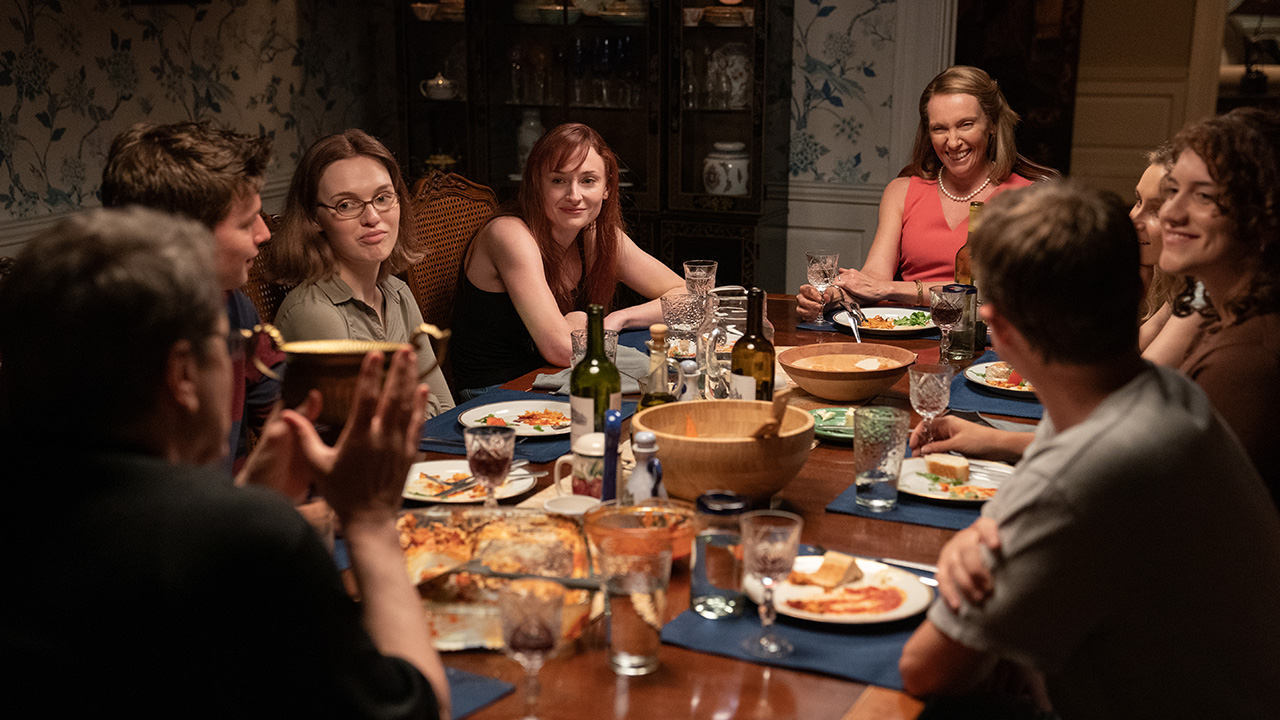
In the time after, however, things are more complicated. Michael is distraught following Kathleen’s death, barely capable of functioning. The kids—only one of whom is Kathleen’s biological daughter—are in shock, rallying around their father and unable to believe he would do his wife harm—and indeed, his wild, unbridled grief suggests that this was not something he wanted to happen.
Yet, as investigators unearth buried secrets from Michael’s past and members of Kathleen’s own family begin to question his increasingly bizarre behaviour, a number of theories take shape and the prosecution begins to zero in. Meanwhile, Michael makes the inexplicable decision to let a pair of French documentary filmmakers in on the trial and his life as it unfolds.
As Kathleen, Collette is (as usual) at her best. Sweet, a little bit scatty and more complex than the usual ‘dead wife’ trope we’re so used to, she inhabits the character with the kind of humanity that makes her passing feel genuinely tragic rather than a mere plot device. What was going on with Kathleen and why did this happen to her? We will never really know, a fact that The Staircase understands the true poignancy of.
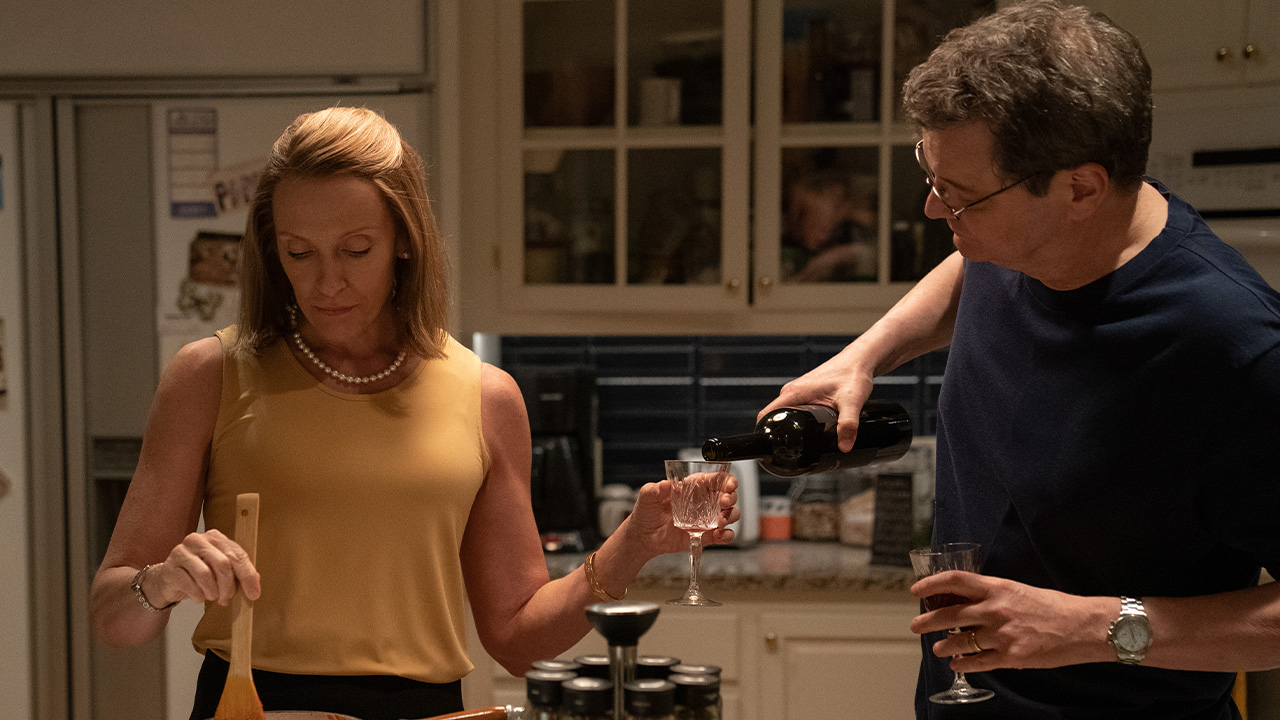
Firth meanwhile—in a piece of casting so insane it must be seen to be believed—takes the central role of Michael, the strangely charismatic yet deeply unsettling family patriarch turned-murder accused. Firth—who is so damn British that it is hard to imagine an American accent ever passing through his lips—goes all in with a ferocity and energy that is frankly stunning for an actor usually cast as repressed upper-crusty types.
Supported by an incredible cast including Juliet Binoche and Michael Stuhlbarg, alongside the clever and creative casting of the family’s photogenic brood, a standout is the criminally underused Parker Posey, who delivers a pitch-perfect performance as County prosecutor Freda Black.
It’s been more than two decades now since Kathleen Petersen died, and 17 since those documentary filmmakers turned it into the now-infamous series. Released in 2005, in a pre-Serial world—ie. before the true-crime boom turned every tragic death into a podcast or streaming series—the original documentary now feels like an artifact of a time long ago, when audiences and filmmakers alike were still new to this kind of thing.
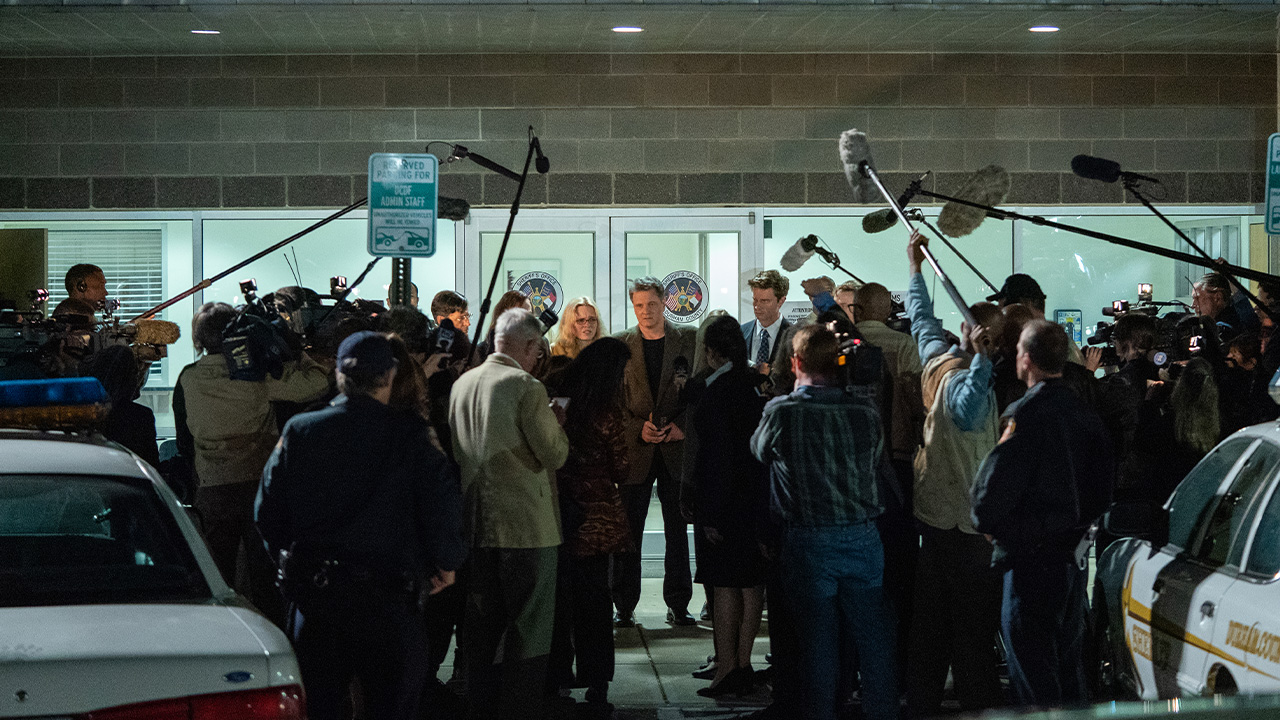
This documentary, and the genre it arguably helped create, is not merely the inspiration for The Staircase but an integral part of the story itself—adding a meta element that Campos and Cohn use to examine not just the tragedy, but why we want to see and pick apart tragedy—until the truth is even more inscrutable than before.
For those who saw the original documentary, The Staircase is not a mere rehashing of what we already know but something more thoughtful and fascinating—an examination of why we know these things, and what they really mean 20 years on from the alleged crime. For those who didn’t see it, it is by no means compulsory to understanding or enjoying the new series, which is in many ways a very different beast: an examination of the people who find unexpectedly themselves at the heart of a true-crime story, and the bizarrely inscrutable man who led them there.
Gripping, stylish and cinematically sleek with the kind of wry, black as night humour that also simmered just beneath the surface of the documentary, The Staircase is true crime as we (somehow) haven’t seen it before.





